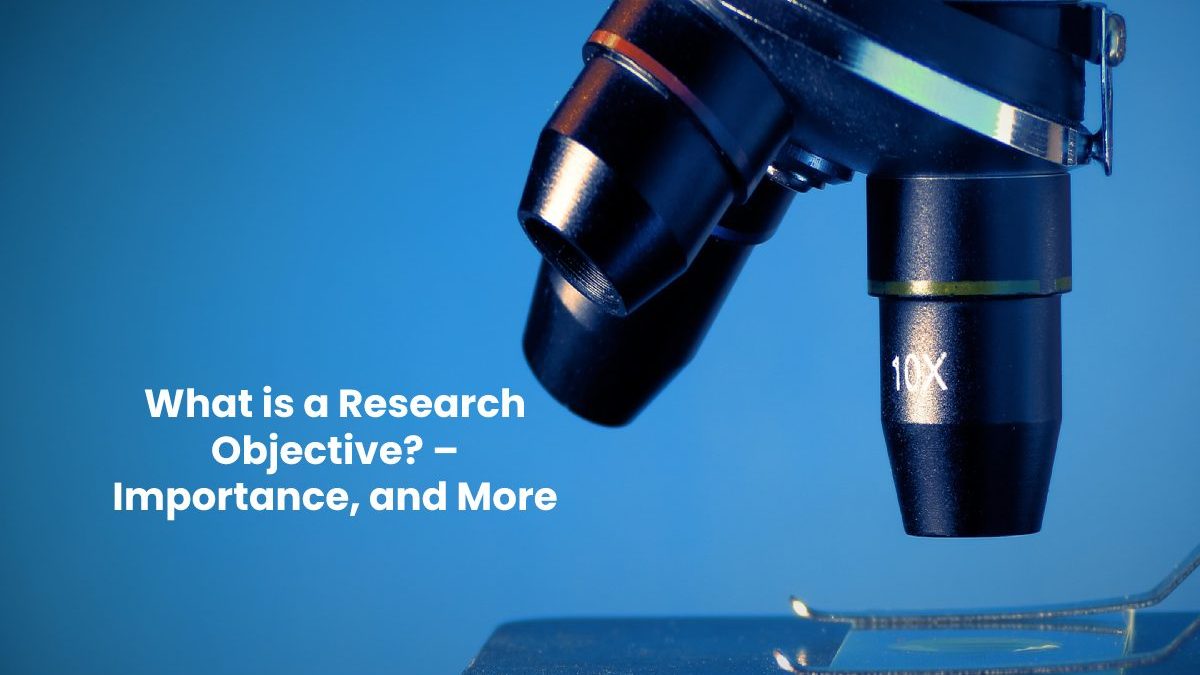A research objective consists of the expectations and results expected from a study and, at the same time, guides the research question and the different parts of the process.
Research objectives can be attached to a hypothesis or used as a statement of intent in a study that does not have one. The research objectives aim to further the research project, including data collection, analysis, and conclusions.
An objective must be achievable. It must be frame taking into account the time available, the necessary infrastructure for research and other resources. To formulate a research objective, it is advisable to read about all the advances in your research area and find the knowledge gaps that are important to address.
Table of Contents
Importance of Research Objectives

The importance of clearly and precisely defining the objective of an investigation lies in the following points:
Guide the Work
Research objectives provide clear direction. As soon as the researcher defines the goals, the scope is limited.
Other processes are carry out from the objectives, such as the collection of primary and secondary data , the analysis of the data, the interpretation, and the conclusion of the investigation.
They Help Avoid any Deviation From the Topic
Once the researcher begins to collect data for research, especially secondary data, they come across much data related to the research topic.
To avoid confusion, the objectives help the researcher stick to the current research and avoid deviation from the central theme.
Minimize Waste of Resources
Keeping the researcher from drifting off-topic will minimize wasted time, money, and energy. In this way, the objective helps to focus on the ongoing investigation, thus increasing the study’s effectiveness.
They Facilitate The Understanding of the Target Audience
Objectives help the target audience clearly understand the purpose of a particular investigation and thus facilitate understanding. Therefore, the goals also make an investigation make sense for the public to which it is directed, beyond peers.
Characteristics of Good Research Objectives
Now that you know what a research objective is and what its importance is, we have compiled some of the fundamental characteristics to develop them correctly:
1. They are Clear
A “clear” objective should indicate two main things: the variable types of research and the methods of quantifying the variables.
From the point of view of a quantitative investigation, the variables must be tangible. They must be able to be counted, numbered or averaged, that is, the arithmetical procedures that would be done with a number.
The methods may not be readily discernible; however, by knowing the variables, you will know the types of statistical analyzes that could be performed, for example, descriptive or inferential analysis.
2. They are Concise
One way to write vital objectives in academic research is to write them as concisely as possible. Try to cut out unnecessary words to make your goals easy to understand. If possible, try to reduce each goal to a single sentence. It can make using the objectives to guide the research process more accessible.
3. They have a Limited Number
It is also vital to write specific research objectives. Try to limit the number of goals to five or less to avoid feeling overwhelmed by trying to accomplish a long list of goals. You can also choose a general objective and a few specific objectives. Remember that you can use the format of the SMART purpose to write your research objectives:
- specific
- Measurable
- Reachable
- Relevant
- limited in time
How to Write the Research Objectives?
Below we will show you five steps to write the objectives of an investigation correctly:
1. Determine the Main Objective of the Investigation
The first step in defining the research objectives in determining the project’s primary goal.
To do this, it is necessary to define what you seek to achieve with your research concretely. You can identify the research focus by reading the literature in your discipline and finding gaps in existing research.
Once you find a gap that you can fill through your research project, you can begin to narrow down a focus for your study and set the overall goal you want to achieve.
2. Break Down your Research Focus into Research Objectives
Once you know the primary goal of your research project, you can break it down into smaller steps and separate objectives. You can choose a general-purpose and other specific and limited purposes.
In the general objective, you must explain what you intend to achieve with your research in a broad sense. Next, use the specific goals to describe how you can achieve your overall goal on time.
3. Ask For Feedback
One way to check that your research objectives are clear is to draft them and have them reviewed by a colleague or mentor. It can help you catch any mistakes you may have missed and make your goals more understandable to others.
Conclusion
As you can see, knowing what a research objective is is essential whether you are conducting academic research or market or private research, so you must make sure that everyone on your team is clear about what the primary and secondary objectives are. When starting a project.

